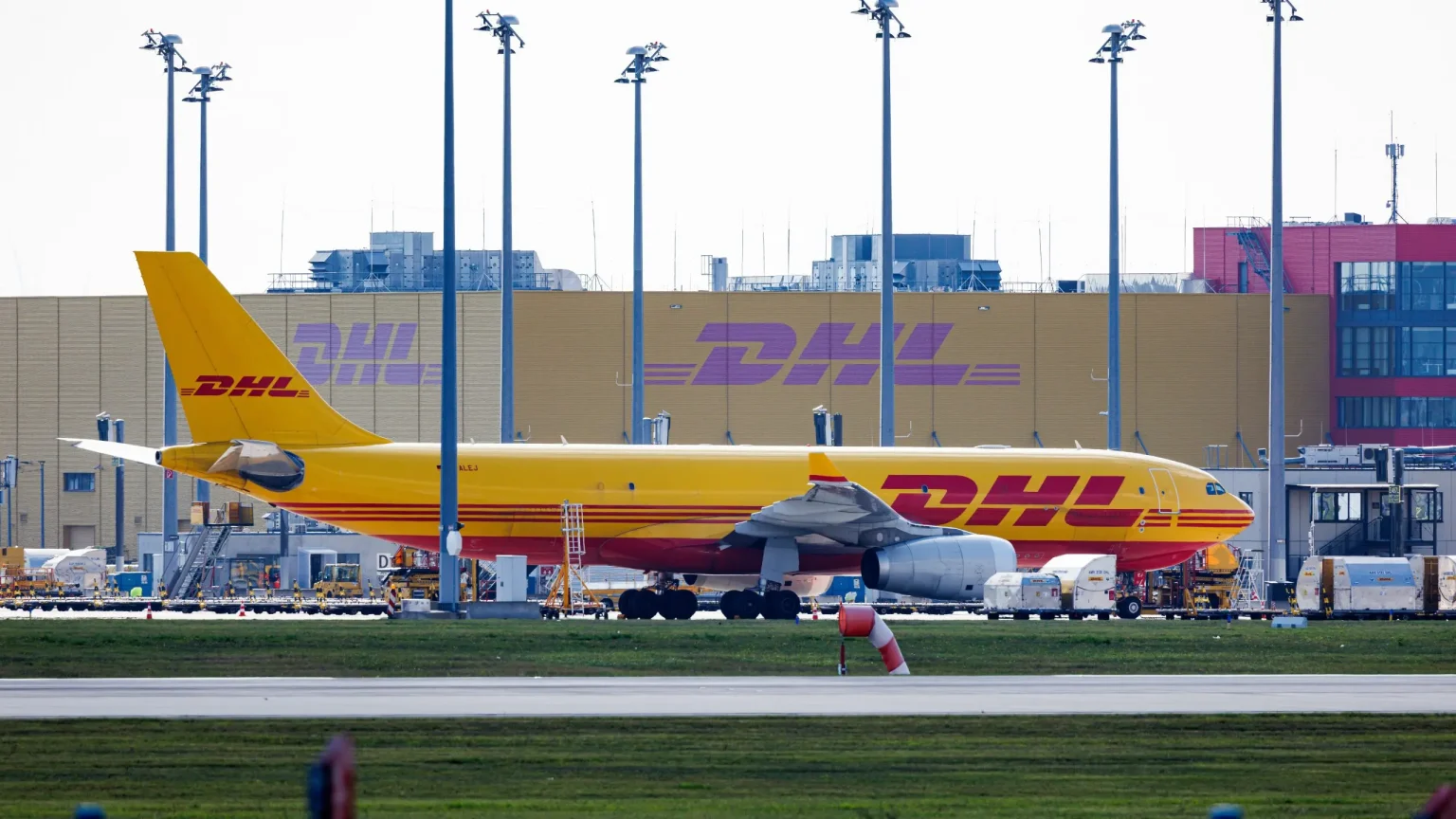Western security officials have raised concerns that Russia is planning to plant explosives on commercial or passenger airplanes bound for the United States and Canada. This suspicion arose after two incendiary devices were shipped using the German logistics company DHL and ignited at DHL logistics hubs in Leipzig, Germany, and in Birmingham, England, in July. Intelligence agencies in Europe determined that the explosions were caused by electric massagers implanted with a magnesium-based flammable substance. The massagers, sent from Lithuania to the UK, were considered a “test run” of a larger Russian sabotage plot aimed at evaluating how explosives could be smuggled onto aircraft heading to North America.
Poland’s National Prosecutor’s Office has announced that four suspects have been arrested in connection to the fires at the DHL hubs and are charged with “sabotage or terrorist operations on behalf of a foreign intelligence agency.” The goal of the group involved was to test the transfer channel for these parcels, which were ultimately intended to be sent to the United States and Canada. Pawel Szota, the leader of Poland’s foreign-intelligence agency, has stated that Russian spies were behind the incidents, emphasizing that any successful attack would represent a major escalation of Russia’s sabotage campaign against Western powers.
Szota warned that the political leaders of Russia may not fully appreciate the consequences of such attacks, particularly in the event of a mass casualty event. Western intelligence officials and Szota believe that the Russian military-intelligence agency, the GRU, was responsible for the plot. However, Kremlin spokesman Dmitry Peskov denied these accusations, dismissing them as unsubstantiated insinuations from the media. The U.K.’s counter-terrorism police are currently investigating the Birmingham fire and are collaborating with other European agencies to address the situation. German police have tested replicas of the incendiary devices and determined that most planes’ firefighting systems would struggle to extinguish the magnesium, potentially leading to emergency landings or even plane crashes.
The potential threat posed by Russia’s alleged plan to plant explosives on aircraft bound for North America has raised serious security concerns among Western officials. The investigation into the incidents involving the incendiary devices shipped via DHL has led to the arrest of suspects charged with sabotage or terrorist operations on behalf of a foreign intelligence agency. The suspected goal of the perpetrators was to test the transfer channel for smuggling such explosives, highlighting the need for heightened vigilance in monitoring cargo shipments to prevent potential attacks. The involvement of Russian spies in these incidents, if confirmed, would signify a dangerous escalation of Russia’s sabotage efforts against Western powers, further straining diplomatic relations between the countries.
The ongoing investigation into the explosions at DHL logistics hubs in Germany and the UK has revealed the use of electric massagers containing magnesium-based flammable substances as incendiary devices. This discovery has prompted security officials to consider the possibility of broader threats to commercial and passenger airplanes heading to North America. The complexity of detecting and preventing such sabotage plots underscores the need for enhanced cooperation and intelligence-sharing among Western countries to ensure the safety and security of air travel. The risks associated with magnesium ignition on board aircraft necessitate comprehensive risk mitigation strategies and emergency response protocols to minimize potential harm to passengers and crew members.
The implications of Russia’s suspected involvement in the plot to smuggle explosives onto airplanes bound for the United States and Canada have significant global security implications. Political leaders and intelligence agencies in Europe are closely monitoring the situation and working to thwart any potential threats to aviation security. The perceived threat of a mass casualty event resulting from an explosion on board an aircraft underscores the urgent need for effective counterterrorism measures and international cooperation to prevent acts of sabotage and terrorism. The ongoing investigation into the incendiary devices at the DHL logistics hubs serves as a reminder of the evolving nature of security threats in the modern age and the importance of remaining vigilant and proactive in addressing emerging risks to public safety and national security.


